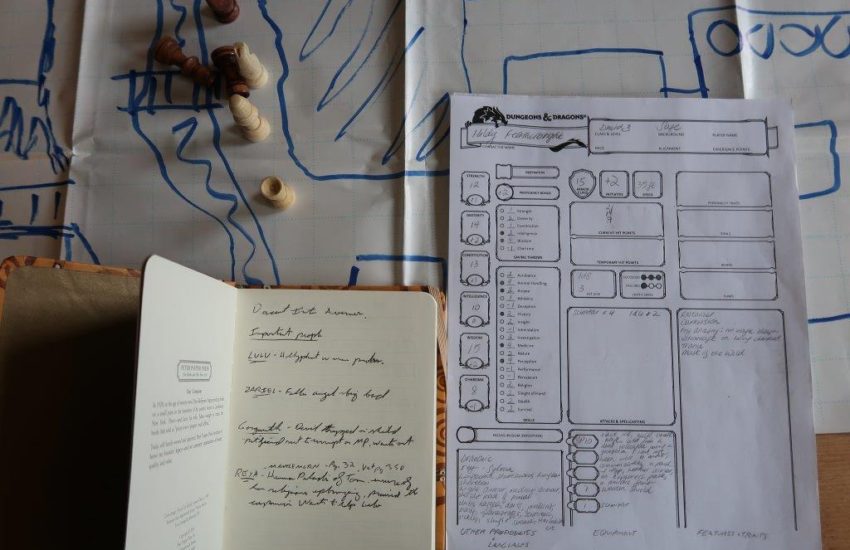What makes our favorite Dungeon Masters so great?
And what can we learn from them?
- Check these out:
There are a lot of amazing skills to learn that can make you a truly great DM, but I think that these are the most important.
In this list, I’ve picked out four things that I think set the best DMs apart from the rest:
Fun voices
Having memorable voices for your characters makes everything more entertaining.
It also sets the characters apart from the crowd; this makes it a lot easier for the party to form bonds with them. The best way to get good with your voices is to practice; talk to the mirror in a British accent, spend dinnertime doing a falsetto — and constantly work at it while you’re playing, even if it isn’t perfect yet. You’ll never get better if you don’t try!
Unique characters
All D&D characters have their own stories and lives.
However, it’s pretty easy for the farmer around the corner to feel generic and, unfortunately, boring. The easiest way to avoid this is to give your NPCs something that makes them stand out; a weird obsession, an unusually strong like/dislike of something, etc.
Vivid settings
Making the world that your players are exploring seem real is always a struggle; overexplaining surroundings slows everything down, while underexplaining makes the world seem fake and cold. You have to find a good balance, and encourage your players to ask questions about the settings to better expand the world.
Respect the moments
Although D&D is a game, it is critically important to remember the feelings of the people around you. Roleplaying is terrifying, especially for new players, and you need to take those emotions seriously. Don’t undercut or dissuade deep emotional moments: let your group be sincere without fear of embarrassment.
Each of these skills work in tandem with each other, as well.
Trying out (and potentially messing up) voices lets your players know that it’s ok to try something that doesn’t work — and to keep going with it!
Creating interesting NPCs tells them to respect the story you are trying to create. Making the world feel real immerses everyone into the moment, while sincerely respecting your players’ roleplaying and decisions helps foster trust between everyone.
In addition to the presentations you practice on the surface, the unconscious signals you are sending to your players help create a truly wonderful playing environment — and that is the sign of a great DM.
– Lilybet, @lilybet.writes
- Check these out:


